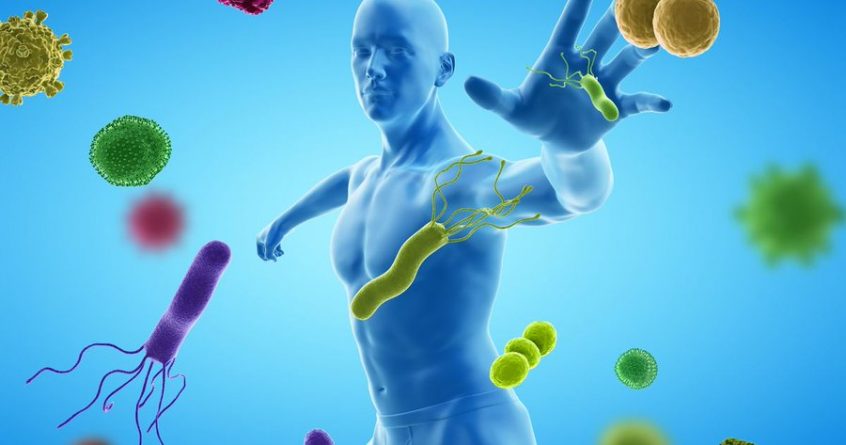Without our immune system we are nothing, and the more research we do the stronger this conviction becomes.
Dr Alessio Lanna, Honorary Professor at UCL and lead author of a new study explains: “Immune cells are on constant high alert, always ready to fight pathogens. To be effective, they must also persist for decades in the body, but the strategies employed to execute this lifelong protection are largely unknown.”
Her research aims to find out how our immune system can last a lifetime, especially our T cells which initiate the immune response against any foreign substance that could harm the body.
All our cells contain chromosomes and each has a protective cap called a telomere that’s crucial for ageing. Telomeres act as an ageing clock that keeps cells young by controlling the number of times they can divide and replace themselves.
In T cells, as with most cells, the telomeres become shorter and shorter with each cell division. Once telomeres reach a critically short length, the cell becomes “senile” and is disposed of. Without a functioning immune system we face chronic infections, cancer and, eventually, death. So how do we stop our telomeres from shortening?
The researchers were able to show that one immune cell can transfer a healthy telomere to another, acting as a “telomere donor” to a T cell. The recipient T cell is instantly rejuvenated acquiring a longer life. Moreover, it will possess a lifetime’s memory thereby enabling the T cell to protect the body in the long term. This telomere transfer can extend the life of some telomeres 30 times.
Telomeres are also maintained by telomerase, the enzyme that’s devoted to telomere maintenance but, despite this, they still become shorter, stop dividing and eventually die.
Prof Lanna added: “The telomere transfer reaction between immune cells adds to the Nobel-prize winning discovery of telomerase, and shows that cells are capable of exchanging telomeres as a way to regulate chromosome length before telomerase action begins. It is possible ageing may be slowed down or cured simply by transferring telomeres.
“Telomere biology has been studied for more than 40 years. For decades, a single enzyme, telomerase, has been credited as the sole mechanism responsible for telomere elongation and maintenance.
“Our results illuminate a different mechanism that does not require telomerase to extend telomeres and acts when telomerase is still inactive.”

